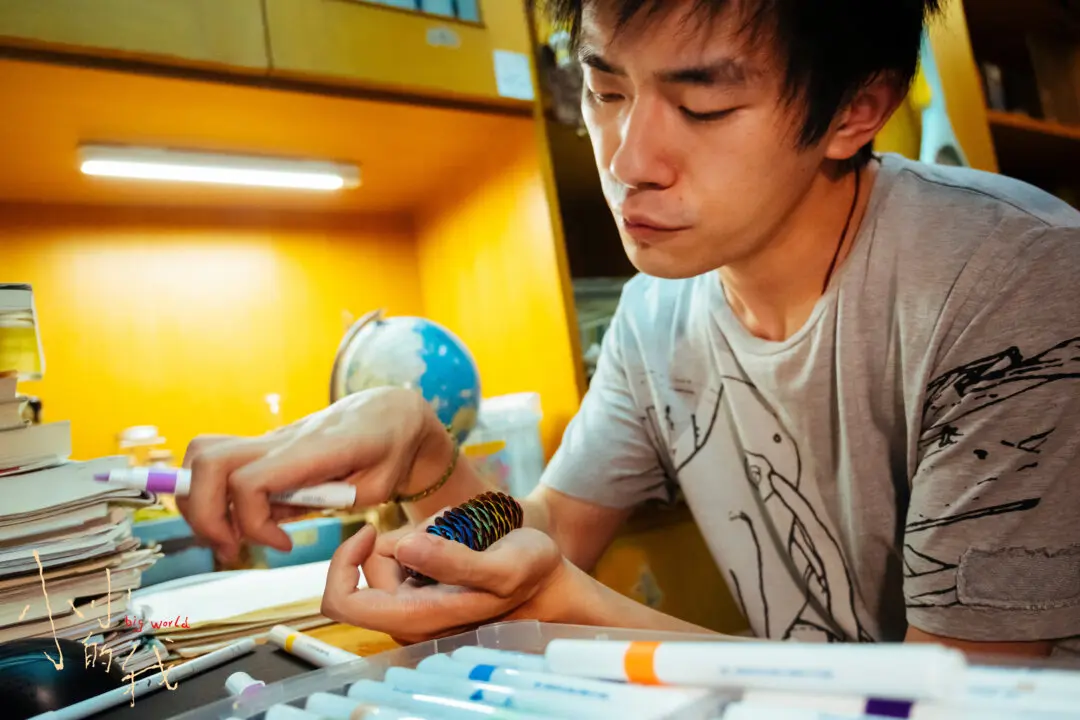PG | 1h 30 min | Drama, Biopic | 2002
In 1868, J.R. Watkins bought the manufacturing rights to a liniment and then started making it in the kitchen of his home in Minnesota. Soon he built a thriving multiproduct business in the United States and Canada, on the back of an army of door-to-door salesmen.




